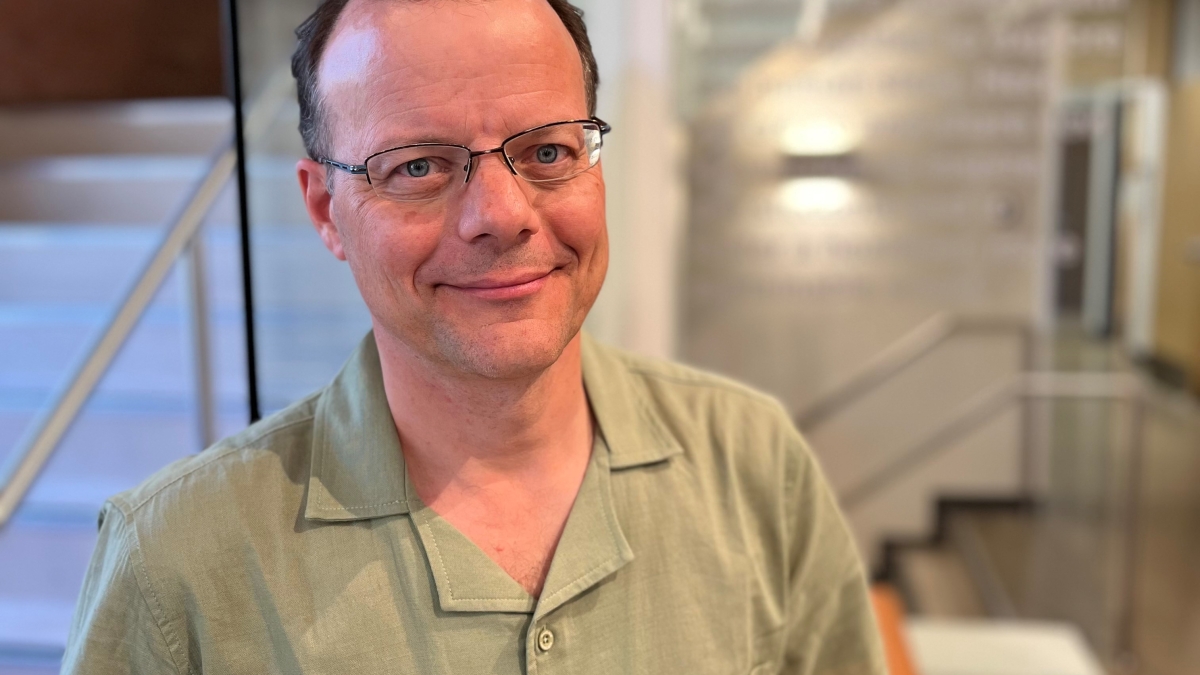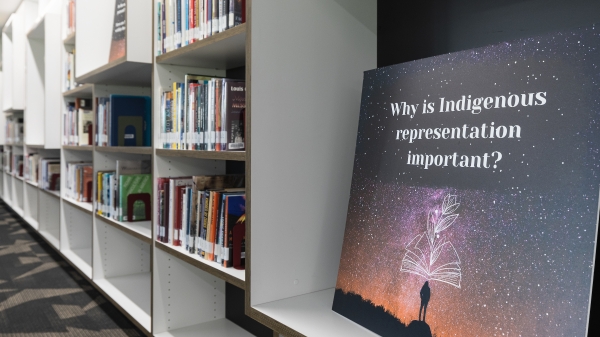Ryan Williams named new director of ASU School of Human Evolution and Social Change

Ryan Williams joins the School of Human Evolution and Social Change from the Field Museum of Natural History in Chicago. Photo courtesy Ryan Williams
Coming from the prestigious Field Museum of Natural History in Chicago, Ryan Williams is accustomed to curating archaeological museum exhibits.
Now, the archaeologist is ready to dig into his new role as professor and director of Arizona State University’s School of Human Evolution and Social Change.
“We are excited to have Ryan join ASU as the director of the School of Human Evolution and Social Change,” said Magda Hinojosa, dean of social sciences at The College. “His fantastic experience at The Field Museum of Natural History — including the creation of new educational opportunities and community engagement efforts — position him for success in his new role. He brings a unique perspective essential for leading the school into the future.”
With over two decades of museum curatorial experience and over a decade of experience as head of the museum’s anthropology faculty, Williams brings a unique perspective and varied experience to ASU, including working with descendant communities by including them in the decision-making process for collections highlighting their heritage.
“Museums are an interesting institution in today’s world, as they are a product of both colonial imposition and taking, but also can serve today as places of creating greater understanding of human ingenuity and diversity,” Williams said.
“I hope my background can help the School of Human Evolution and Social Change grow in new directions, engaging publics in new ways, and give students the skills they need to approach 21st-century challenges in a diverse and multicultural world.”
The School of Human Evolution and Social Change is home to more than 1,000 students, more than 50 tenured and tenure-track faculty, and a variety of degree programs including anthropology, global health and environmental social science.
The school is also home to its own small museum called The Innovation Gallery, and is responsible for maintaining more than 2 million artifacts and specimens, as well as operating the Deer Valley Petroglyph Preserve — a 47-acre nature preserve in north Phoenix.
“I’m excited to build on the success the School of Human Evolution and Social Change has created across all its approaches,” Williams said. “This school is the powerful innovator that it is because of the diversity of research approaches it engages and because it leverages those different disciplines in complementary ways to address humanity’s biggest questions.”
Williams is also active in research with his work focusing on understanding human resilience to climate change, the economics of trade and exchange, and the role of political and religious ideologies in expansive states. His research frequently takes him to Peru, where he conducts fieldwork on canal systems and climate adaptation in the prehispanic Andes, and where he was busy with research leading up to his July 1 start at ASU.
Coming to ASU, Williams looks forward to engaging with all of the school’s communities, such as its faculty, staff and students, but Williams looks beyond the school for the impact he hopes to make as director.
“Strategic partnerships will play a key role in our future success, and I look forward to hearing ideas on where we should invest and how we can bring greater benefits to the communities we serve. I look forward to working with all our stakeholders to continue the School of Human Evolution and Social Change’s great trajectory.”
More Arts, humanities and education

2 killer Halloween projects from ASU’s monster expert
Werewolves, zombies, Michael Myers and Scooby-Doo villains all have one thing in common: They’re monsters who’ve abandoned their…

ASU faculty, grad student contribute to new book on scholars of Black social thought
Released on Oct. 15, "Fifty Key Scholars in Black Social Thought" contains 50 chapters developed by 55…

Labriola Center book award shines 'bright light' on Indigenous scholars
Kaitlin Reed couldn’t believe it when she learned she had been named the 2024 recipient of the Labriola Center American Indian…